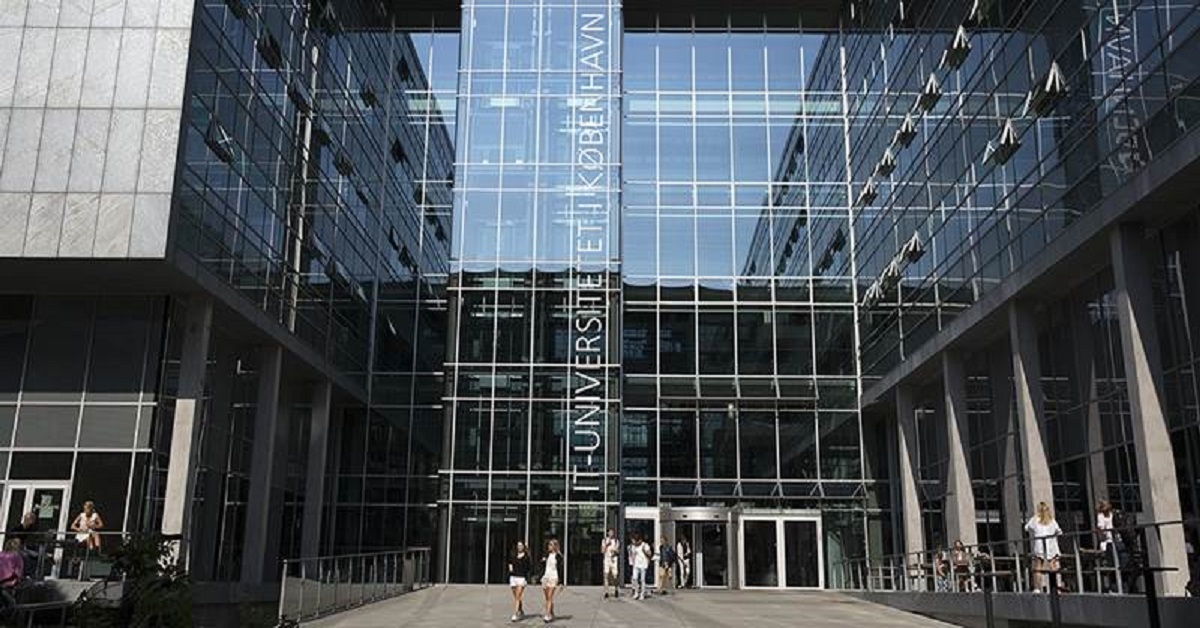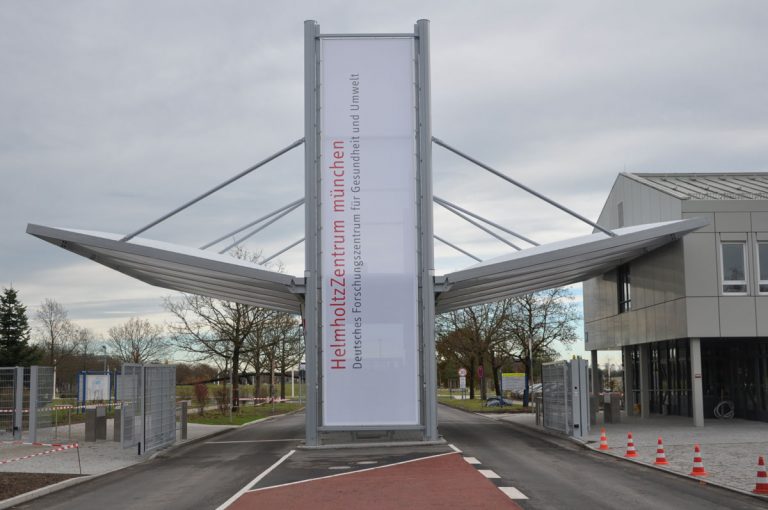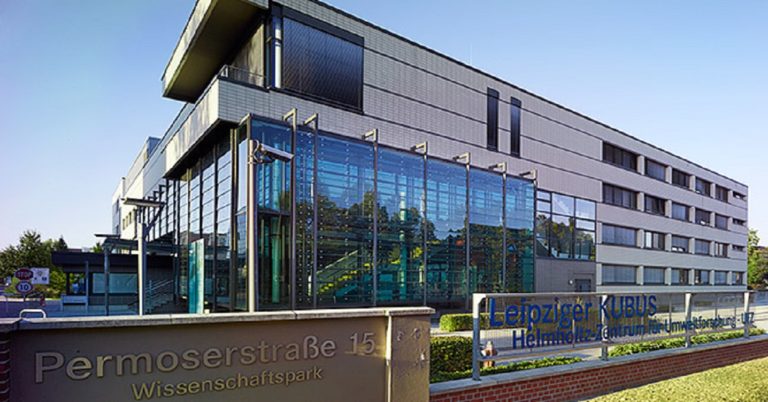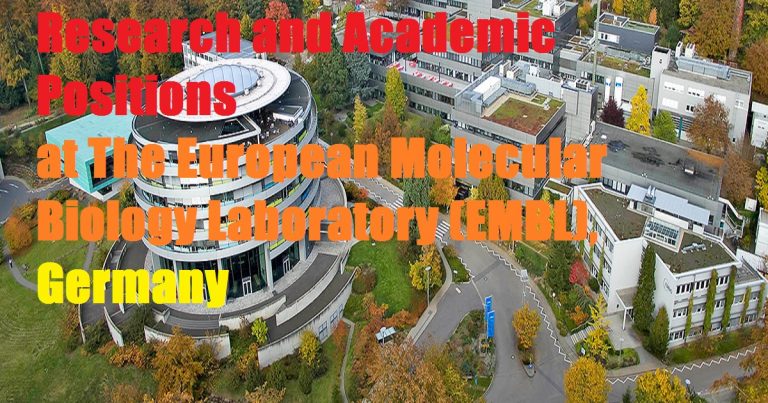
The Section for History and Philosophy of Science in the Department of Science Education invites applicants for a Post-doc position in philosophy of science / STS. The selected candidate will be employed in the research project “Tackling the conservationist’s dilemma: towards a pluralist philosophy of taxonomy for species conservation policy”, financed by the Independent Research Fund Danmark.
Start date is in January 2023 or as soon as possible thereafter. The duration of the post-doc is 26 months.
The project
The aim of the overall research project is to develop an empirically informed philosophical framework for addressing the conservationist’s dilemma. This dilemma arises from the fact that, in their efforts protect (critically) endangered species, conservation policy makers can be confronted with disputes among biological taxonomists about how to individuate those species in the first place. On the one hand, species conservation programs cannot wait for the resolution of such disputes; on the other hand, these programs risk being misdirected if they are rooted in flawed taxonomic perspectives. In addressing this dilemma, the project will break new ground in the burgeoning philosophical scholarship on the role of values in science, advance research in the philosophy of taxonomy, and forge new connections between these domains of research. In addition, the project will provide actionable philosophical knowledge for taxonomists and conservationists who face the conservationist’s dilemma in practice.
A key component of the Post-doc (sub)project will be to conduct qualitative research (interviews, observation studies) relating to decision making processes at the taxonomy-policy boundary. There will be considerable room for the Post-doc to tailor their subproject to their own background and interests. In addition to the Post-doc, the project will also employ a PhD student.
Day-to-day supervision will be in the hands of Dr. Joeri Witteveen, PI of the project. A copy of the research project proposal is available upon request (jw@ind.ku.dk).
Who are we looking for?
Applicants should have a background in (history and) philosophy of science, science and technology studies, anthropology (of science), or a related field of study. Applicants with experience in conducting qualitative research and/or knowledge of an area of biology that is relevant to the project (in particular taxonomy, ecology, or conservation biology) are strongly preferred. The postdoc’s duties will include research in (practice-based) philosophy of science as well as teaching. The post may also include performance of other duties.
About the Section for History and Philosophy of Science
½We offer creative and stimulating working conditions in a dynamic and international research environment. The Section for History and Philosophy of Science currently has 10 permanent faculty members. Our research is dedicated to history and philosophy of science, with a focus on practice-oriented and empirically informed history and philosophy of science, addressing epistemological and ethical aspects of science and its use. Our website https://www.ind.ku.dk/english/research/hps/ provides more information on the members of the Section and the research we conduct. The Section for History and Philosophy of Science is part of the Department of Science Education, in the Faculty of SCIENCE at University of Copenhagen. We are located centrally in Copenhagen, in the Niels Bohr Building near the central park Fælledparken.
Terms of employment
The position is covered by the Memorandum on Job Structure for Academic Staff.
Terms of appointment and payment accord to the agreement between the Danish Ministry of Taxation and The Danish Confederation of Professional Associations on Academics in the State.
Negotiation for salary supplement is possible.
Application and Assessment Procedure
Your application including all attachments must be in English and submitted electronically by clicking APPLY NOW below.
Please include:
- Cover letter (max. two pages)
- Motivation letter explaining your reasons for applying for this particular Post-doc position (max. one page)
- Curriculum vitae including information about your education, experience, language skills and other skills relevant for the position
- Original diplomas (Master and PhD degree or equivalent) and a transcript of records in the original language, including an authorized English translation if issued in another language than English or Danish. If the PhD degree was not yet been awarded, please include a written statement from the institution or supervisor about the expected date of the defense.
- Publication list (if available)
- Separate reprints of at most three relevant publications
- Names and email addresses of two references (reference letters are not required)
Application deadline:
The deadline for applications is Sunday 28 August 2022, 23:59 GMT +2.
We reserve the right not to consider material received after the deadline, and not to consider applications that do not live up to the abovementioned requirements.
The further process
After deadline, a number of applicants will be selected for academic assessment by an unbiased expert assessor. You are notified, whether your application will selected for assessment.
The assessor will assess the qualifications and experience of the shortlisted applicants with respect to the above mentioned research area, techniques, skills and other requirements. The assessor will conclude whether each applicant is qualified. The assessed applicants will have the opportunity to comment on their assessment. You can read about the recruitment process at https://employment.ku.dk/faculty/recruitment-process/.
Interviews with selected candidates are expected to be held on Friday, 7 October 2022. Interviews will be conducted remotely, using Zoom.
Questions
For specific information about the PhD fellowship, please contact Dr. Joeri Witteveen (jw@ind.ku.dk).
General information about PhD study at the Faculty of SCIENCE is available at the PhD School’s website: https://www.science.ku.dk/phd/.
The University of Copenhagen wishes to reflect the surrounding community and invites all regardless of personal background to apply for the position.



